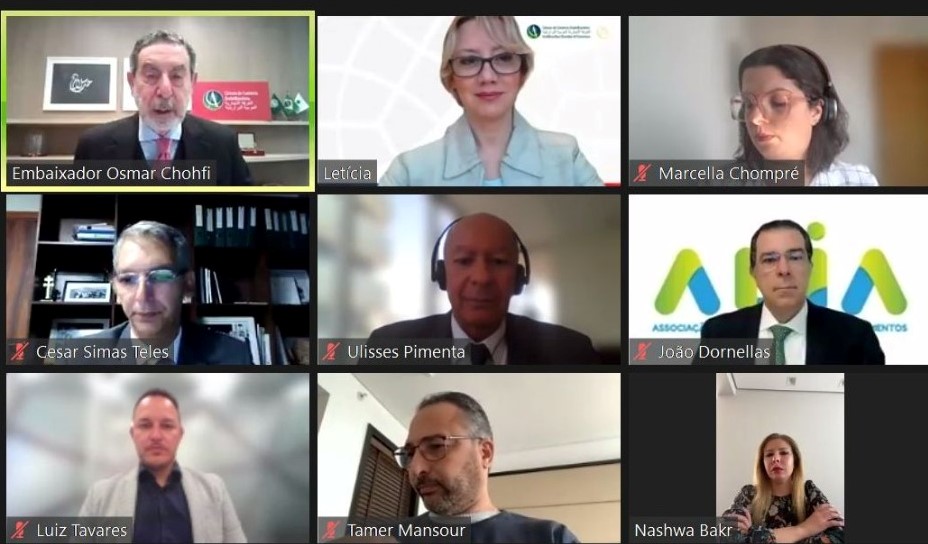São Paulo – Industrialized foods such as honey, jellies, jams, and sweets could have a growing demand in Egypt at a rate of 12% a year until 2026, according to João Ulisses Rabelo Pimenta, Market Analysis coordinator of the Brazilian Trade and Investment Promotion Agency (ApexBrasil). “I would highlight the consumption of honey in this market,” added Pimenta at the online event “Brazil-Egypt Relations: Opportunities for processed foods in the Egyptian market” this Tuesday (13).

Pimenta’s information confirmed what was said by Osmar Chohfi, president of the Arab Brazilian Chamber of Commerce (ABCC), who opened the event and drew attention to the products most demanded by the Egyptians. “Data reveals the top five foodstuffs most consumed by the Egyptian population were sweets and snacks (USD 38.62 billion), bread and cereals (USD 33.47 billion), animal proteins (USD 26.79 billion), dairy and eggs (USD 23.61 billion), and vegetables (USD 20.89 billion). Therefore, there are opportunities to be taken advantage of by Brazilian exporters,” highlighted Chohfi.
Another product on the ApexBrasil opportunities map was fruit juice. “Non-alcoholic beverages are a highlight in the Arab market as a whole. And they could grow internally in retail,” said Pimenta.

In addition to the coordinator, executives such as Tamer Mansour, secretary-general & CEO of ABCC, also participated, moderating the roundtable ‘Doing Business with Egypt – Opportunities for the Brazilian food and beverage sector.’ “I believe Egypt can indeed be a reexport hub for ABIA’s products to Africa, and why not, to the European region, since Egypt has a lot of trade agreements,” said Mansour.
For Luiz Tavares, coordinator of ABIA’s Foreign Trade Working Group and International Relations executive of BRF, Brazil’s participation in events in Egypt, such as COP 27, could be crucial to discuss sustainability issues and improvements in sustainable food production. “We are increasingly prepared to serve the Egyptian market and all those who want to consume high-quality food from a sustainable source. We, like ABIA, remain ready to collaborate with the Egyptian authorities and Brazilian companies,” he emphasized.

Marcella Chompré, supervisor of Commercial Execution at Cargill, spoke about the company’s steps to enter Egypt with processed products. “Egypt is one of the 125 countries where we have clients. We operate with grains and commodities, and we are starting foodstuffs exports. This product will be focused on pectin, which is used in confectionery as a thickener and emulsifier, precisely one of the products Egyptians consume the most,” explained the executive, stressing among the company’s challenges are documentation and adapting to local regulations.

João Dornellas, executive president of ABIA, stressed the importance of the Egyptian market, mainly due to the prospect of economic growth in the North African Arab nation. “Egypt, for us, is a great partner. It is one of the world’s leading economies. According to the International Monetary Fund (IMF), projections were at 5.9% for 2022 and 4.8% for 2023, well above the growth projected for the global economies,” he said, regarding the prospects of a higher Egyptian Gross Domestic Product (GDP).
Also at the event, Nashwa Bakr, Egypt’s commercial consul to São Paulo, recalled the impact of the free trade agreement between the Arab country and Mercosur. “Especially with Brazil, our ‘premium’ partner,” she pointed out. The webinar was organized by the ABCC and ABIA. The event also featured a regulatory and business environment panel, bringing together other industry executives.
Read more on the event: Get to know Egyptian regulations to impact Brazil’s exports
Translated by Elúsio Brasileiro




